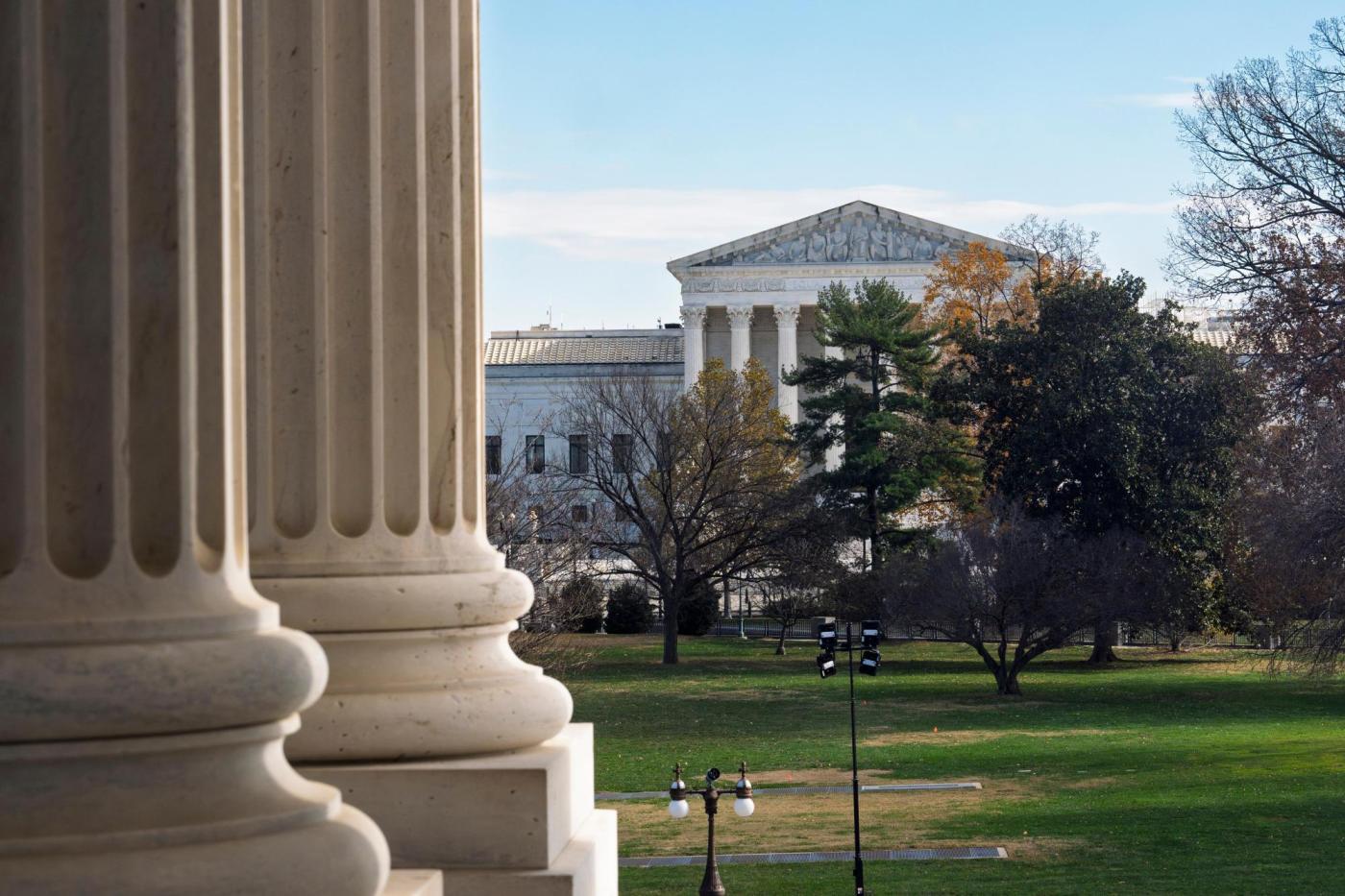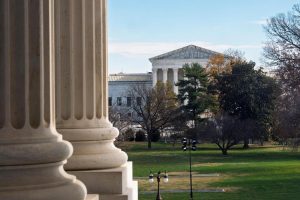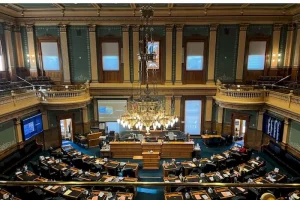
Supreme Court rejects Wisconsin parents’ challenge to school guidance for transgender students
By MARK SHERMAN, Associated Press
WASHINGTON (AP) — The Supreme Court on Monday rejected an appeal from Wisconsin parents who wanted to challenge a school district’s guidance for supporting transgender students.
The justices, acting in a case from Eau Claire, left in place an appellate ruling dismissing the parents’ lawsuit.
Three justices, Samuel Alito, Brett Kavanaugh and Clarence Thomas, would have heard the case. That’s one short of what is needed for full review by the Supreme Court.
Parents with children in Eau Claire public schools argued in a lawsuit that the school district’s policy violates constitutional protections for parental rights and religious freedom.
Related Articles
Police question man with gun thought to be similar to one used in killing of UnitedHeathcare CEO
TikTok asks federal appeals court to bar enforcement of potential ban until Supreme Court review
Veteran Daniel Penny is acquitted in NYC subway chokehold case over Jordan Neely’s death
‘Emilia Pérez’ leads Golden Globe nominations with 10, followed by ‘The Brutalist’ and ‘Conclave’
Today in History: December 9, smallpox declared to be eradicated
Sixteen Republican-led states had urged the court to take up the parents’ case.
Lower courts had found that the parents lacked the legal right, or standing. Among other reasons, the courts said no parent presented evidence that the policy affected them or their children.
A unanimous three-judge panel of the 7th U.S. Circuit Court of Appeals included two judges Republican Donald Trump appointed during his first term.
But Alito described the case as presenting “a question of great and growing national importance,” whether public school districts violate parents’ rights when they encourage students to transition or assist in the process without parental consent or knowledge.
“Administrative Guidance for Gender Identity Support” encourages transgender students to reach out to staff members with concerns and instructs employees to be careful who they talk to about a student’s gender identity, since not all students are “out” to their families.


